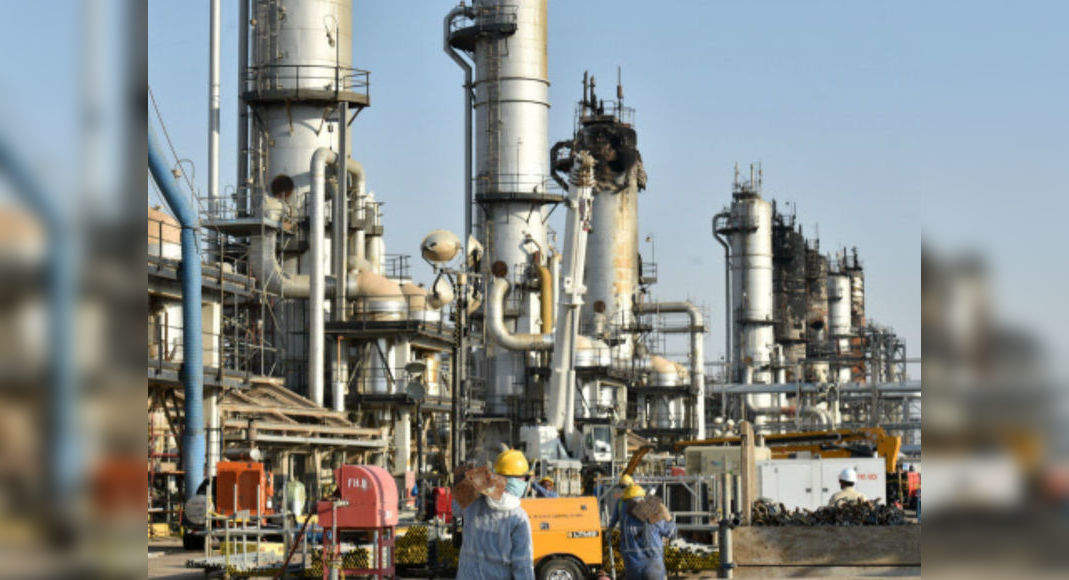NEW DELHI: The government will put on the block large discoveries made by state-run ONGC and Oil India Ltd but are yet to be brought to production, oil minister Dharmendra Pradhan said on Thursday as the Centre was done with privatising their small fields.
“Resources don’t belong to a company.
They belong to the nation and the government.
They cannot lie with a company indefinitely.
If somebody cannot monetise them, we will have to bring a new regime,” he said after launching the third, or what he called the “last”, auction of discovered small fields.
Some 32 oil and gas blocks with 75 discoveries have been offered in this round.
Similar to the previous two rounds, these discoveries were made by the state-run explorers but restrictive fiscal regimes made their development economically unviable.
In some cases, the remote location and size added to the unviability.
In 2016, the government began auctioning all such discoveries under a liberalised fiscal regime, lower regulatory compliances, pricing and marketing freedom, incentives that were not available to state explorers when the discoveries were made.
Between 2016 and 2018, 54 such blocks were awarded to private investors.
Pradhan’s marks a fresh government attempt to attract global majors to India as they have largely stayed away from India’s exploration sector so far.
“There will be no DSF next time.
Next time, it will be a ‘major’ (auction) round (of large fields),” he said.
Perhaps in the government’s assessment, offering discovered fields will whet the appetite of Big Oil, which is increasingly growing averse to risking capital on exploration at a time when they are under pressure from climate change activists.
Under pressure from the government, ONGC has made several attempts to forge foreign partnerships for its producing fields, most of which are ageing, without encouraging results.
In April, the senior oil ministry official in charge of exploration sent a roadmap for ONGC envisaging selling stake in maturing fields such as Panna-Mukta and Ratna and R-Series in western offshore and onshore fields such as Gandhar in Gujarat to private firms.
The roadmap also suggested getting global partners in new Andhra offshore gas discoveries – Block KG-DWN-98/2 where output is slated to rise sharply next year and the extremely challenging Deendayal block bought from Gujarat State Petroleum Corporation for $1.2 billion in 2018.
Ashokenagar onland block in West Bengal, brought into production ahead of the state election, was also marked for inducting a foreign partner.
In 2017, the Directorate General of Hydrocarbons identified 15 producing fields with a collective reserve of 791 million tonnes of crude oil and 333 billion cubic meters of gas for handing over to private firms in the hope that they would improve production.
A year later, 149 small and marginal fields of ONGC were identified for private and foreign companies on the ground the company should focus only on bid ones.
ONGC argued against the first plan and invited partnerships, without much success.
The second plan went up to the Cabinet, which on February 19, 2019, decided to bid out 64 marginal fields of ONGC.
That tender received a tepid response.
ONGC was allowed to retain 49 fields on the condition that their performance will be closely monitored for three years.







